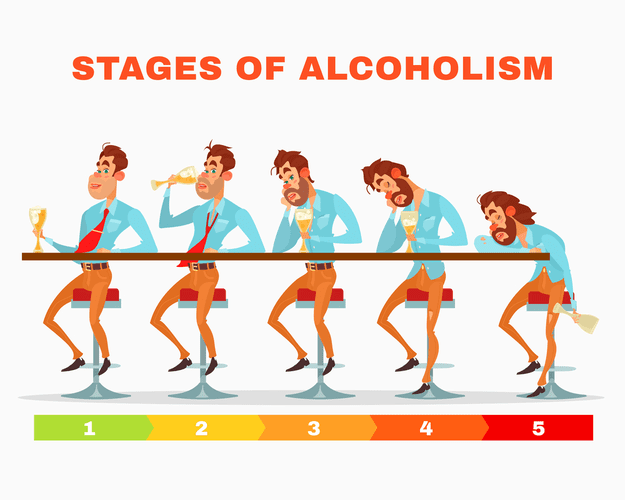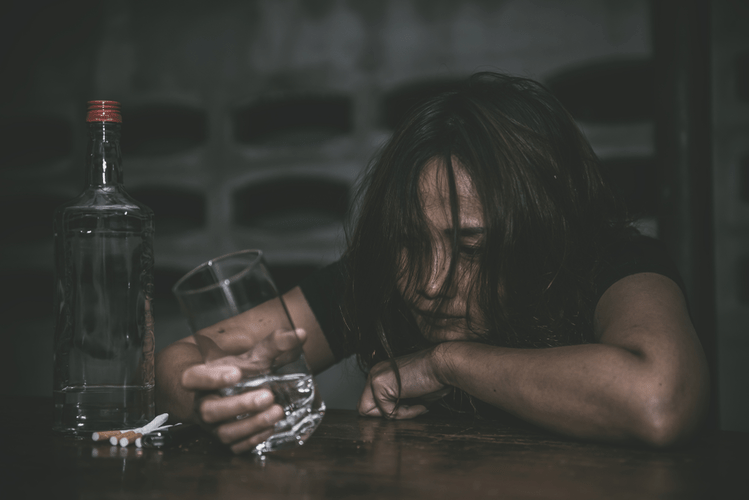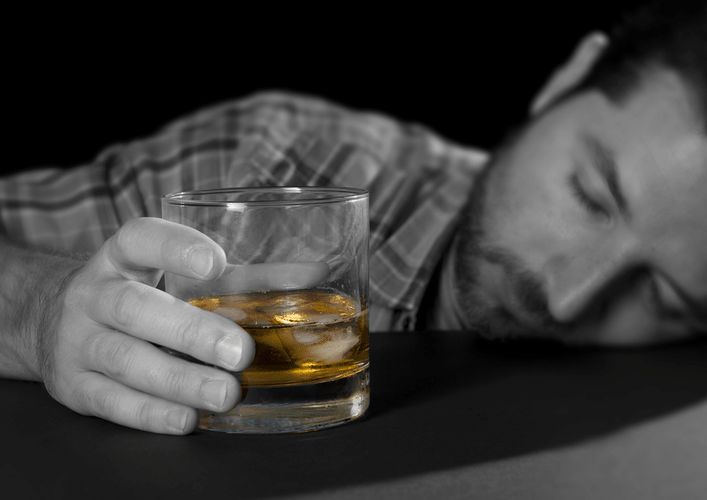Content
- We’re Ready To Help You Begin A New Life
- Have A Support System
- Determine Any Signs Of An Alcohol Or Drug Relapse And Have An Action Plan For Each One
- Is There A Safe Level Of Drinking?
- How To Create A Relapse Prevention Plan
- The Importance Of Aftercare In A Relapse Prevention Plan
- Discussing Some Of The Most Common Addictions
I want to take better care of myself and improve my lifestyle. I will start relapse prevention plan templates on a lifestyle change in what I eat and keep up with my fitness routine.

The mental relapse stage can feel like an internal battle going on in one’s mind. It’s natural to experience triggers and feelings of doubt during the addiction recovery process.
We’re Ready To Help You Begin A New Life
I will take non-alcoholic beverages to parties and social gatherings. I want to be more physically fit and will work to take better care of my body. Healthy lifestyle strategies and self-improvement ideas. Relapse is a return to effects of alcohol drug and/or alcohol use after a period of abstinence. Learn how Imodium can help ease diarrhea from withdrawal, as well as facts about treating other symptoms. Take a run outside, walk your dog, or go out to dinner with friends.

Retreat to the sunny climate of Tampa, Florida for a stay at the gold standard of treatment facilities. We offer customized care plans to help you on your recovery journey. I will use relaxation and mindfulness meditation techniques when I am feeling stressed.
Have A Support System
Now you may wonder, what exactly would a relapse prevention plan look like? If you’ve experienced a relapse and are ready to seek treatment, American Addiction Centers’ admissions navigators can discuss your treatment options with you. Alcohol.org is a subsidiary of AAC, a nationwide provider ofaddiction treatment services. Remember, experiencing a relapse shouldn’t be seen as a failure. You may need a different approach to treatment, or perhaps to return to inpatient treatment. Regardless of what led to a relapse, getting back on track quickly gives you the best chance at long-term recovery, rather than waiting until the problem worsens. It is hard to admit to others that you have experienced a relapse, but it is the best thing to do.
Georgetown Family Practice Integrates Treatment for Opioid Use Disorder into Primary Care Setting – State of Delaware News – news.delaware.gov
Georgetown Family Practice Integrates Treatment for Opioid Use Disorder into Primary Care Setting – State of Delaware News.
Posted: Fri, 12 Nov 2021 08:00:00 GMT [source]
There are a vast array of relapse prevention tools one can implement into their daily routine to help prevent relapse. There is a common misconception that relapse prevention skills should only be used when someone is having a desire to use. However, relapse prevention skills should be implemented into each recovering person’s daily schedule and routine to prevent or reduce the risk of cravings. However, it does not have to be when you are fully prepared with a toolbox of healthy coping strategies.
Determine Any Signs Of An Alcohol Or Drug Relapse And Have An Action Plan For Each One
Insurance plans are not allowed to impose lifetime or dollar limits on substance abuse coverage, so treatment is covered regardless of how many times a person has received treatment in the past. The path to sobriety comes with challenges, and many recovery journeys include a period of relapse into alcohol or drug use. This is why it is best to have a solid relapse prevention plan. With hard work and a positive attitude, it can be avoided. Don’t let an alcohol or drug addiction come back to haunt you after you have done so much work to banish it from your life for good! Instead, create a relapse prevention plan that ensures you stay on the straight and narrow today, tomorrow, and for years to come.

Think of the consequences that would occur if you used vs. if you did not use. This can help with your decision making and reduce the risk of relapse.
Is There A Safe Level Of Drinking?
Many people resist this step, feeling that they have their recovery under control. It is critical to receive ongoing support from the people who understand recovery. Therefore, it can be helpful to understand what may lead to a relapse and how to possibly prevent it. Write a list of scenarios that could lead to potential relapse and have a plan for what you will do if it happens. For example, if going through a breakup could lead to relapse for you, think of other outlets for your feelings. Instead of drinking or using, you attend a support meeting or call a family member or close friend right away. The more specific your action plan is, the better, as this means you will be less likely to come within close reach of a relapse.
During rehab, many people create specific plans for risky situations or times when they feel tempted to use drugs or drink alcohol. With the understanding that a substance use disorder is a chronic, relapsing disease of the brain, it is clear that the recovery process must involve a concentrated effort to avoid recurrence.
How To Create A Relapse Prevention Plan
Talk to the people included in your plan and make sure they have the necessary knowledge should you need their assistance. If you’ve relapsed before, you might have an idea of what signs you displayed that something was wrong. This, in turn, helps you figure out how it could have been avoided.

Think about how out of control or sick you felt when you were using. Remember the embarrassing things you may have done or the people you may have hurt. During this phase, you’re not thinking about using, but your thoughts and behaviors are setting you up for a relapse. You’re isolating yourself and keeping your emotions bottled up. Hasking P, Lyvers M, Carlopio C. The relationship between coping strategies, alcohol expectancies, drinking motives and drinking behaviour.
The Substance Abuse and Mental Health Services Administration publishes that being aware and taking note of early warning signs of stress can be extremely helpful in working to prevent relapse. In addition, having a strong “action plan” in writing can be a great resource. The action plan should offer guidance and be a tool for accomplishing and holding fast to your goals in recovery.
- A complete life change is absolutely necessary for effective addiction recovery.
- The path to sobriety comes with challenges, and many recovery journeys include a period of relapse into alcohol or drug use.
- By the time most individuals seek help, they have already tried to quit on their own and they are looking for a better solution.
- Part of relapse prevention involves rehearsing these situations and developing healthy exit strategies.
These plans are here to address all aspects of addiction for lasting recovery. Emotional factors play a significant role in triggering relapse. Depression, anxiety, stress, frustration, boredom and other emotions can be difficult to handle, and the desire to numb painful feelings can be strong. Many recovering addicts end up using drugs or alcohol again as a coping mechanism. Relapse-prevention planning means finding new ways to deal with life and all that it brings.
Discussing Some Of The Most Common Addictions
Relapse prevention plans can include ways in which you hope to amend the damage addiction caused in your life. Outside of the 12-step model, so don’t let bad experiences stand in the way of your recovery. Explore new options to connect with new people who understand the struggles of addiction. Some people begin to feel, think or behave differently when a relapse is brewing. Regardless, it is important to consider the following items when creating a relapse prevention plan. Things to include in your plan are triggers, cravings, coping tools and support group information.


